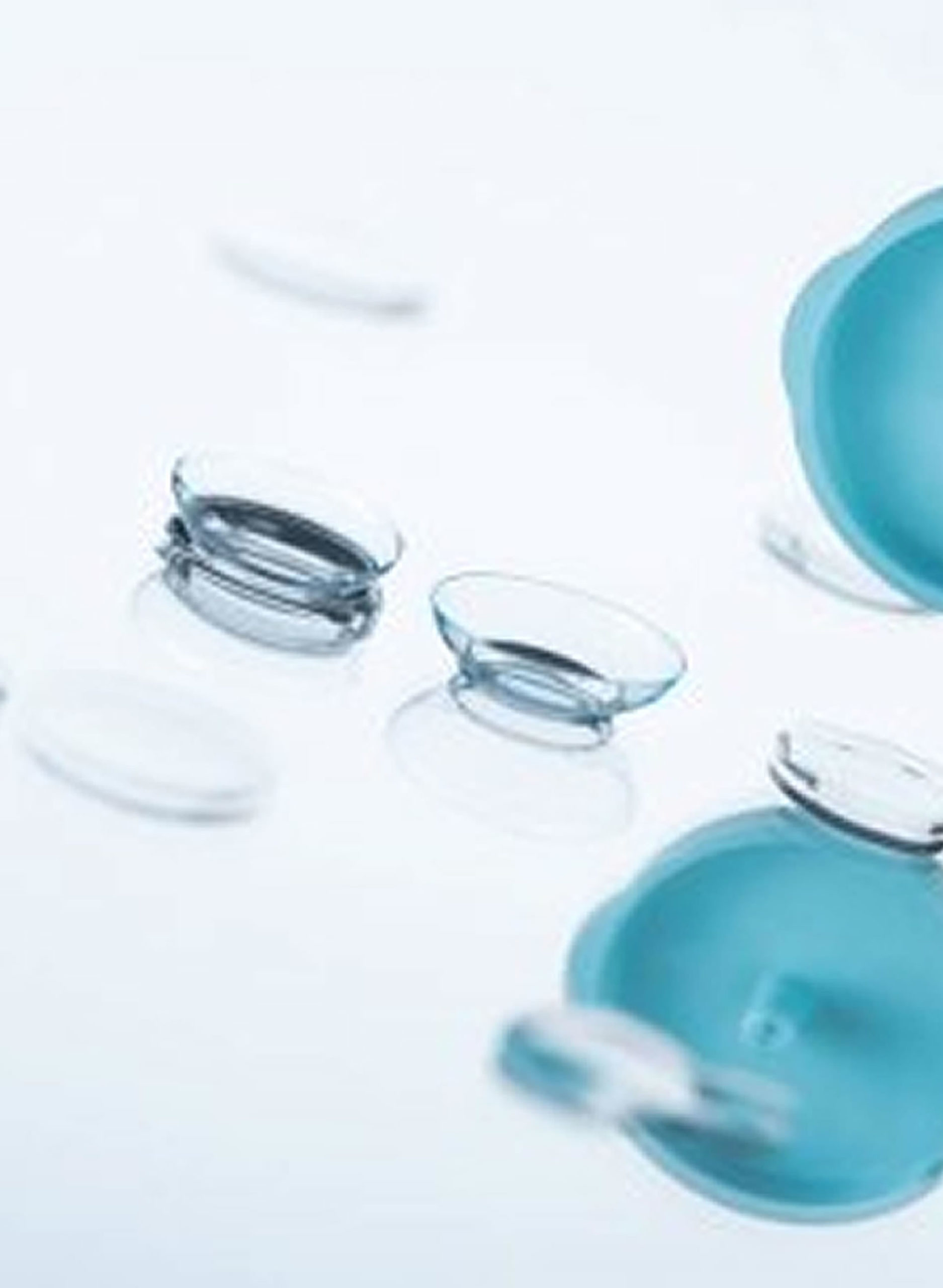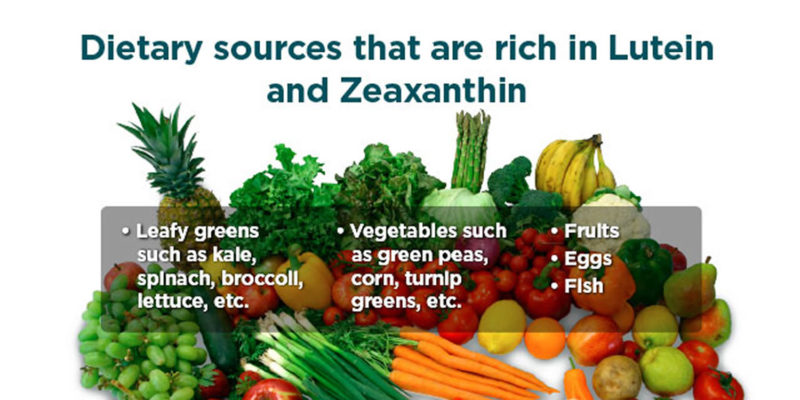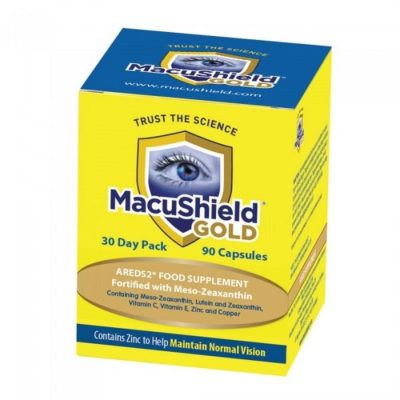
How to reduce your risk of macular degeneration
- Don’t smoke.If you smoke, ask your doctor for help to quit.
- Choose a healthy diet.The antioxidant vitamins in fruits and vegetables contribute to eye health. Kale, spinach, broccoli, squash and other vegetables have high levels of antioxidants, including lutein and zeaxanthin, which may benefit people with macular degeneration. Foods containing high levels of zinc may also be of particular value in patients with macular degeneration. These include high-protein foods, such as beef, pork and lamb. Non meat sources include milk, cheese, yogurt, whole-grain cereals and whole-wheat bread.
Another good choice is healthy unsaturated fats, such as olive oil. And research studies have shown that a diet high in omega-3 fatty acids, such as found in salmon, tuna and walnuts, may lower the risk for advanced AMD. But the same benefit is not shown from taking omega-3 supplements, such as fish oil pills.
- Manage your other medical conditions.If you have cardiovascular disease or high blood pressure, for example, take your medication and follow your doctor’s instructions for controlling the condition.
- Maintain a healthy weight and exercise regularly.If you need to lose weight, reduce the number of calories you eat and increase the amount of exercise you get each day.
- Have routine eye exams.Ask your eye doctor about the recommended schedule for follow-up exams. In between checkups, you can do a self-assessment of your vision using an Amsler grid. These steps will help identify if your condition develops into wet macular degeneration, which can be treated with drugs.
Vitamin supplements- AREDS2 formula
For people with intermediate or advanced disease, taking a high-dose formulation of antioxidant vitamins and minerals may help reduce the risk of vision loss. Research shows benefit in a formulation that includes: AREDS 2
- 500 milligrams (mg) of vitamin C
- 400 international units (IU) of vitamin E
- 10 mg of lutein
- 2 mg of zeaxanthin
- 80 mg of zinc (as zinc oxide)
2 mg of copper (as cupric oxide)












